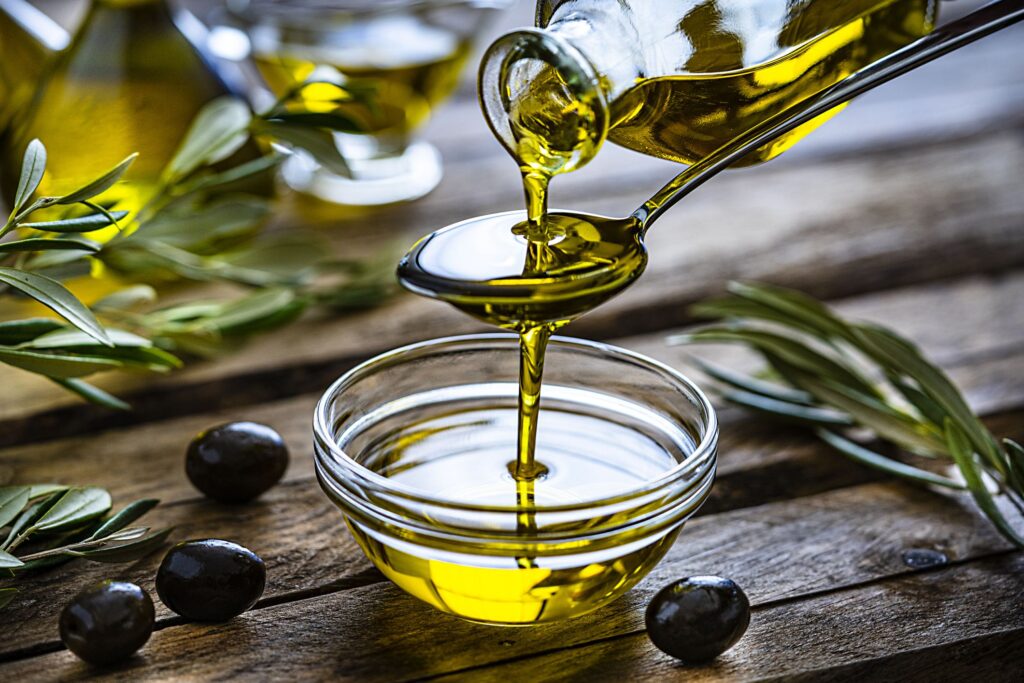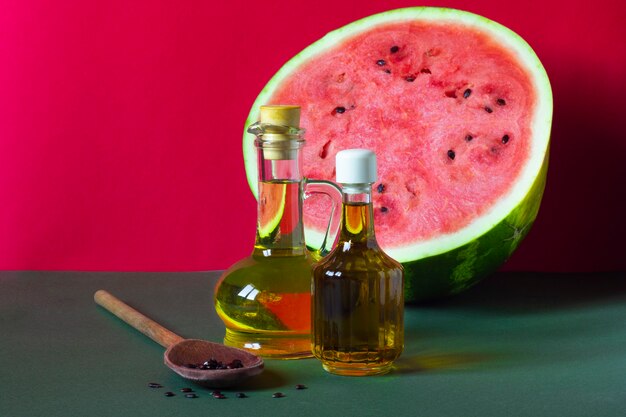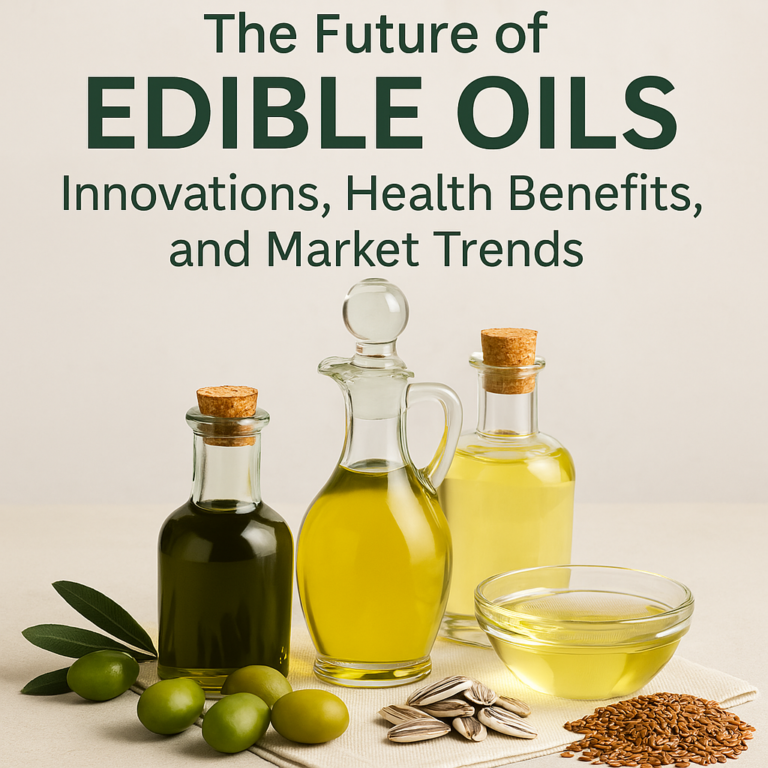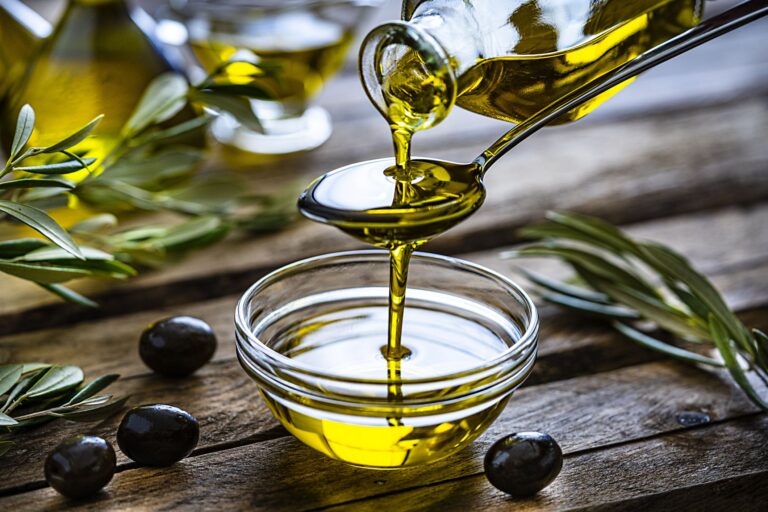
Edible oils are a kitchen staple, enhancing flavor and adding nutritional value to meals worldwide. With an increasing focus on health and sustainability, choosing the right oil for your cooking needs can be transformative. In this blog, we’ll explore the essential role of edible oils, their health benefits, and why making informed choices matters in today’s kitchen.
Types of Edible Oils: A Quick Overview
Edible oils come from various sources, each offering unique flavors and health benefits. Here are some common types:
- Olive Oil: Rich in antioxidants and heart-healthy fats, olive oil is a Mediterranean favorite. It’s perfect for salad dressings and low-heat cooking.
- Coconut Oil: Coconut Oil is Popular for its distinct flavor and high smoke point, making it ideal for frying and baking.
- Canola Oil: Known for its neutral taste and versatility, it’s often used in baking and sautéing.
- Sunflower Oil: A great source of vitamin E, sunflower oil is light, mild, and perfect for high-heat cooking.
- Soybean Oil: Widely used for frying, soybean oil contains omega-3 fatty acids, contributing to heart health.
Health Benefits of Edible Oils
Not all fats are created equal. Many edible oils provide essential nutrients and promote a healthier lifestyle when used correctly. Some benefits include:
- Heart Health: Oils rich in monounsaturated and polyunsaturated fats, like olive and canola oil, can help reduce bad cholesterol levels.
- Weight Management: Choosing oils with moderate calorie counts, like avocado or canola oil, can support balanced nutrition without excessive fat intake.
- Brain Function: Omega-3 fatty acids in oils like flaxseed and soybean oil support brain health and cognitive function.
Read More: What Are the Health Benefits of Vegetable Oil?
Sustainability and Ethical Production of Edible Oils
In today’s environmentally-conscious world, sustainable oil production is essential. Look for oils from sources committed to ethical practices, such as:
- Sustainable Palm Oil: Certified by organizations like the Roundtable on Sustainable Palm Oil (RSPO), this helps prevent deforestation and protects wildlife.
- Locally-Sourced Oils: Supporting local farms reduces the carbon footprint and promotes eco-friendly farming techniques.
How to Choose the Right Edible Oil for Your Needs
When selecting oils for your kitchen, consider the following:
- Smoke Point: High smoke point oils (e.g., avocado, coconut) are ideal for frying, while low smoke point oils (e.g., extra virgin olive oil) are better for dressings or drizzling over finished dishes.
- Flavor: Choose oils that complement your dish. Nutty oils like sesame are great for Asian dishes, while neutral oils like canola work well in baking.
- Health Goals: Opt for oils rich in unsaturated fats and low in trans fats to support heart health and overall wellness.
Read More: Types of Edible Oils and Their Uses: A Simple Overview
Edible Oils and Flavor: Enhancing Your Culinary Creations
The right oil can bring out the natural flavors of your ingredients. Experiment with different oils to elevate your cooking:
- Drizzling over Salads: Add depth to salads by using extra virgin olive oil or sesame oil for an Asian-inspired twist.
- Frying and Sautéing: Use oils with a high smoke point, like sunflower or peanut oil, for perfectly crispy dishes.
- Baking: Coconut or canola oil work well for baked goods, imparting moisture and a subtle sweetness.
Conclusion
Edible oils play a significant role in modern cooking, offering a balance between health, flavor, and sustainability. By choosing the right oil for your needs, you not only enhance your culinary creations but also contribute to a healthier, more sustainable lifestyle. Whether you’re drizzling olive oil over a fresh salad or frying with sunflower oil, your choices matter in the kitchen and beyond.





